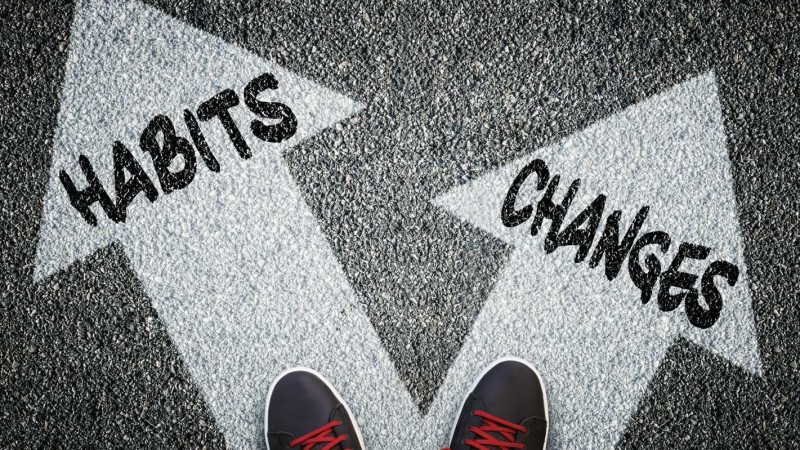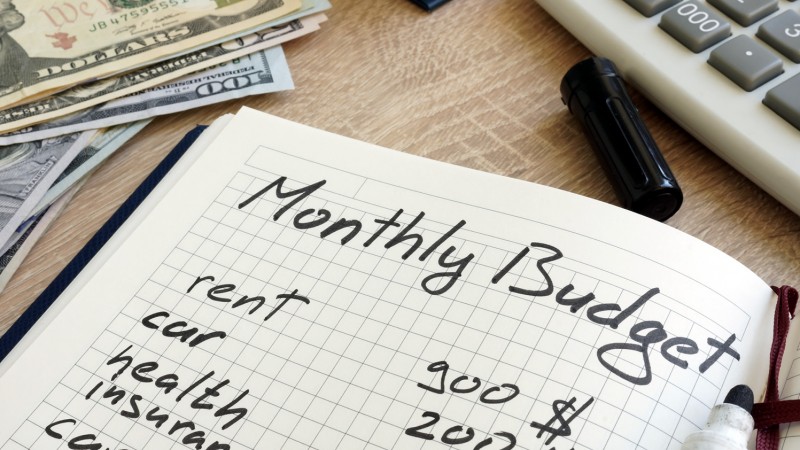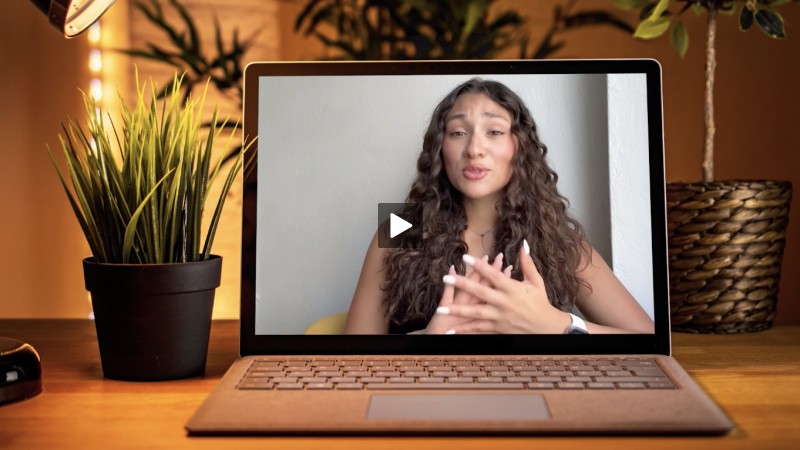Why Is It So Hard to Scrimp, aka Economize?
- Details
- Written by Will from Holland
- Category: Articles

Long story short: A vital habit from your stone age relatives still nags you.
While life is becoming more expensive, inflation rates are through the roof, and purchasing power is decreasing for most, it's increasingly important to look at your personal spending habits.
Budgeting and saving, sure. But economizing, scrimping or cutting back, isn't easy. And there's a simple reason for that: We have learned this in order to survive!
In the Stone Age, for instance, if you lost your axe or your food, it could be the end of you. We've kind of become hoarders because of that, and mainly engage in short-term planning.
It is difficult to give up something we already have. We aim for short-term satisfaction, safe less than is actually good for us, and like to ignore the reality of the future when bad news is on the horizon.
Taking a Step Back Is Annoying
FoolProof gives you all kinds of practical tips to save money or budget properly, yet most people do not always follow these tips and rules.
Take our simple tip to buy fewer brand-named products, rather than generic store brands for instance. People get satisfaction from buying a brand. And sure, sometimes the quality or taste may be better, but a lot of times it's prestige that comes into play—whether it is a conscious decision or not. Taking a step back from what you are used to is more annoying than if you never had it before. Are you feeling me?
We Pay too Little Attention to Our Future Needs
We mainly focus on the here and now. That is why, despite all the good intentions, we find it so difficult to quit bad habits, to eat less even when we know we're eating too much, or save more, even when we know we should. But we don't…
The Result?
We treat the present as the most important, and we give in to temptation again and again.
Our brain is particularly bad at looking ahead. It unconsciously assumes that any setbacks that exist now, will not occur in the future… Next week or next month, I will have more time, more money and more energy. I'll fix it then... Sounds familiar?
It's a form of overestimation that comes from optimism. And it means that financial planning is difficult for many of us.
And that's where we need change…
We behave like that proverbial ostrich with its head in the sand.
If we can prevent an unpleasant emotion, we will. That is very human. It is difficult to change behavior that is in our DNA. But unlike most animals, we are also born with the capacity to think about our own behavior.
Now Let's Use That Talent to Our Advantage!
Everyone has two "inner voices" fighting each other.
You have a "planner" and a "doer". The doer seeks short-term satisfaction. The planner thinks ahead and is the reasoning voice in your head that says: 'Don't do it, it's not good for you.'
That planner needs to leash the doer! If you can get there, you'll be able to economize, plan, safe, budget, and be sure you're looking at a steady financial future.
Embrace bad news about rising prices and high inflation.
If you embrace the bad news, you will probably be more anxious about your financial future, which will be your trigger to keep a real eye on your budget. The fact that everything is now more expensive should be an incentive for us to act now.
Our brain doesn't like to lose, so let it focus on not losing those extra dollars.
Every time you go shopping, go out to eat or drink something, or go anywhere really, have this actively on your mind. Do I really need this? Can I find it cheaper elsewhere?
Doing this will make you more alert first, and can make you more economical. It'll help the planner control doer, the short-term thinker.
Makes Sense?
Ckeck out some of our resources below to help you on your way.

































